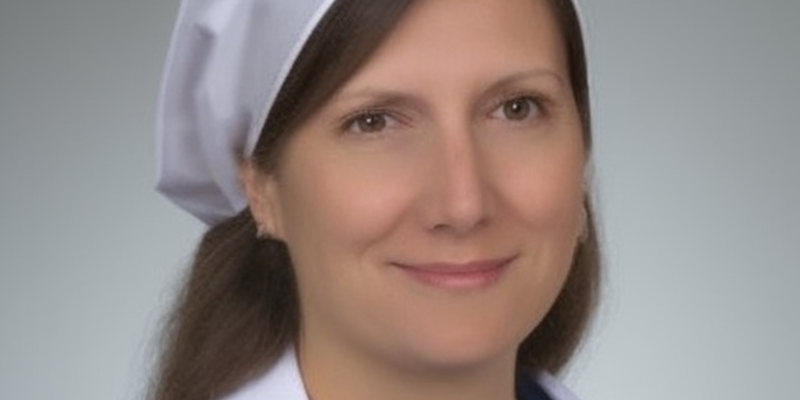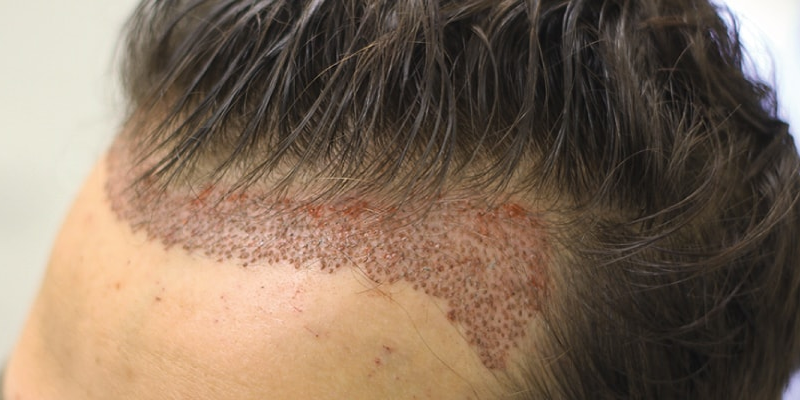How Long Does A Hair Transplant Take To Grow Back?
How long does a hair transplant take to grow back? Several things affect the answer to this question. First of all, it’s hard and stressful for both men and women to see their hair getting thinner over time or quickly. At some point, clients may also make things up if they see more strands coming out of the tissue. The problem can be a hairbrush, a shower, or something else. Our clinic knows that our clients are under a lot of stress and works hard to meet their needs. Even if you say that it’s a little scary, that doesn’t mean that all hair loss is a permanent mistake.
As we’ve already said, hair loss can be caused by a number of things, such as getting older, having a family history of hair loss, hormonal changes, or certain kinds of wants. So it’s clear that different causes can lead to different results. Some techniques may work for some people but not for others. To find a solution, it’s important to first figure out what’s going on.
How Long Does A Hair Transplant Take To Grow Back Naturally?
If a person is losing their hair, the best thing to do would be to find out what is causing it. High stress, not getting enough vitamins or nutrients, certain illnesses in some people, getting older, and being born with it are the most common causes. But there are ways to slow down or even stop hair loss. In some cases, hair loss can even be completely reversed.
One of the main reasons is stress. If a person is under a lot of stress for a long time, they will lose a lot of weight, get sick a lot, get acne, lose hair in different ways, and have a low-quality life overall. This is called “telogen effluvium,” and it causes hair loss. It’s the most common reason why hair health gets worse. The best way to solve these problems is, of course, to do things or get treatments that reduce stress. Having a hobby, meditating, going for a walk, or playing sports every day are all examples of this. It has been shown that some nutrients can also help relieve stress. A great example of this would be chamomile tea.
What Causes Hair Loss?
Can hair that has thinned grow back? Not every case of hair loss is caused by something unnatural, though. As we get older, our bodies tend to have similar problems, such as problems with how we look. Most people’s hair gets thinner as they get older, according to research. For some types of people, this effect may show up much earlier than it does for their peers. From a certain age on, these things tend to happen slowly and lead to classic androgenic alopecia, which is hair loss that follows a male or female pattern. It’s a good idea to look at the people in your family to figure out what problems you might have in the future. People in your family who are older than you can give you an idea of what your hair will look like when you are the same age as them.
There is also an illness that we should talk about. The name for it is Alopecia Areata. It is a health condition in which the body starts to attack the hair follicles in the scalp. This leads to hair loss that happens all at once and in patches. Alopecia areata is very likely to be the cause of sudden, rapid hair loss in someone who is active, not too stressed, in good shape, and otherwise healthy. The best thing for people in this situation to do is to talk to their doctor right away to avoid any permanent damage. Your doctor can give you injections into the scalp every so often to stop your body from attacking the hair follicles. Most of the time, these follicles grow back, but alopecia areata may keep happening in the long run.
Telogen Effluvium
The client probably has telogen effluvium if their hair loss happened after a stressful event like surgery, giving birth, losing a lot of weight, etc. Rarely does hair loss from telogen effluvium last longer than 6 months. Once the stressor is gone, the hair often keeps growing back, with almost no scars or other effects. But because hair needs time to grow back, it may take a while for hair to grow back after the disease. So, in general, people who have gone through telogen effluvium are healthy if their hair starts to grow back. This means both in the body and in the mind. After this disease has run its course, nutrient-dense foods, stress relievers, and supplements help the hair get back to its normal look.
People who didn’t get enough nutrients have some of the same options for getting their hair to grow back. The best thing for these people to do is to get the supplements their bodies need. Saying that it’s very dangerous to make your own decisions about this subject. Because it’s the other way around. When supplements are taken in the wrong way, they can hurt not only the hair but also the health of other organs in the body. In the long run, there is a chance of misalignment and discomfort, and there is even a chance of getting cancer. So, those people should listen to what their doctor tells them. They can figure out where the problems are in the body.
Malnutrition
How long does a hair transplant take to grow back? When talking about nutrition, not getting enough of some nutrients, minerals, and vitamins can lead to hair loss. This cause is a little hard to figure out, so the best thing to do is talk to your doctor. To figure out where the problem is, you need a blood test. By doing this, it’s easy to figure out what’s missing, and your doctor can even tell you what’s wrong with you. So he or she will suggest a product that will work best for you. Iron, vitamin B, vitamin D, and a few other minerals are the most common things that people don’t get enough of. By dealing with your deficiency problem, you can get rid of other diseases or discomforts whose main causes were deficiencies of things we clarify.
How Long Does a Hair Transplant Take to Heal if You are Old?
A hair transplant procedure can be a great way to restore hair growth in areas that have been affected by genetic baldness or other types of hair loss. However, if you are an older individual, it is important to know the answer to ‘how long does a hair transplant take to heal?’ The healing process of hair transplant may take longer for an older individual than it would for someone younger. Generally speaking, an older person may require more time for the scalp to heal and for the newly transplanted hair to start growing in.

Typically, the healing process may take three months or more. During the first week after your hair transplant, you will likely experience some redness, swelling, and tenderness. At around three weeks post-transplant, the transplanted hair will begin to shed known as “shock loss” and it occurs because the new follicles are adjusting to their new environment. If you are an older individual considering a hair transplant procedure, remember that it may take several months for the healing process to be complete and for you to start seeing results. It can take up to six months or longer for newly transplanted hair to start growing in, which hopefully answers ‘how long does a hair transplant take to heal if you are old?’





